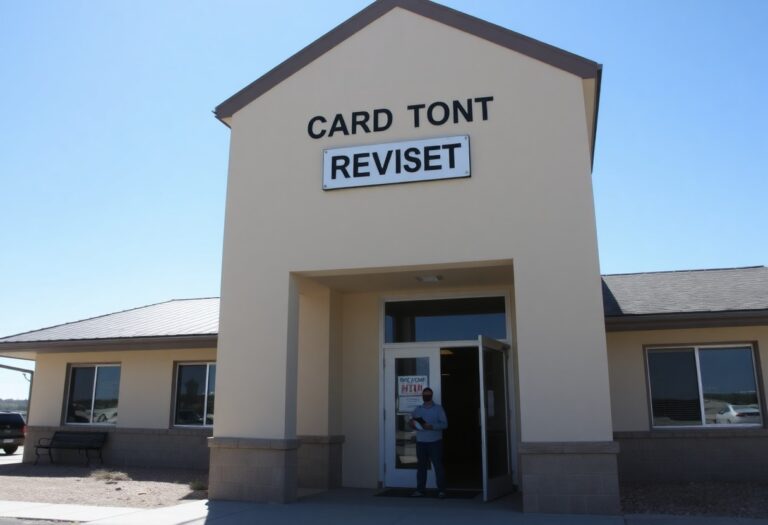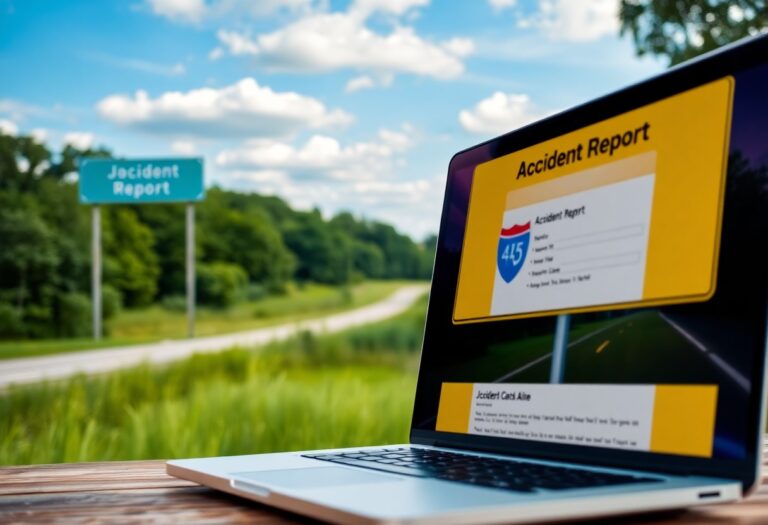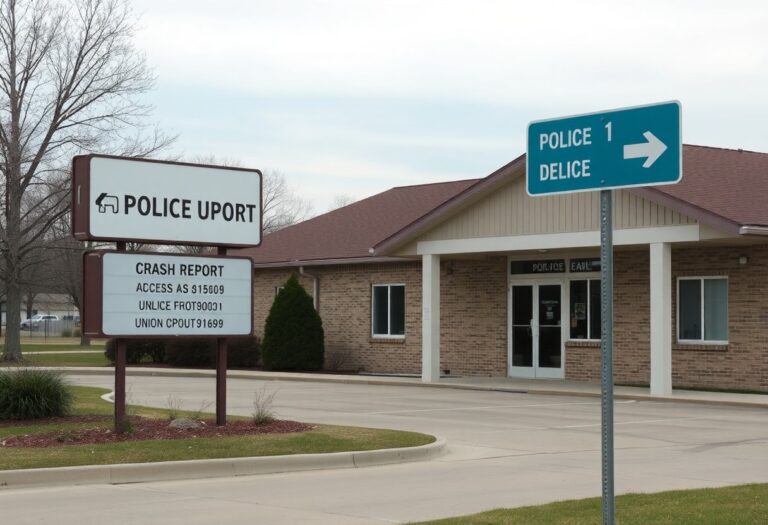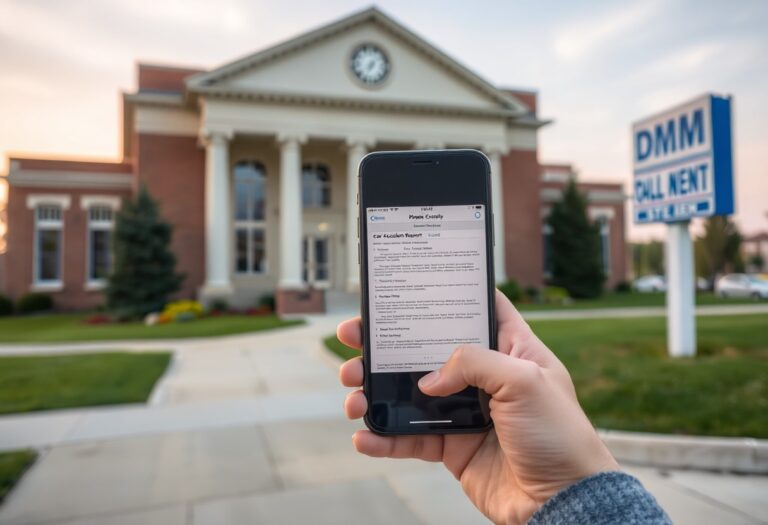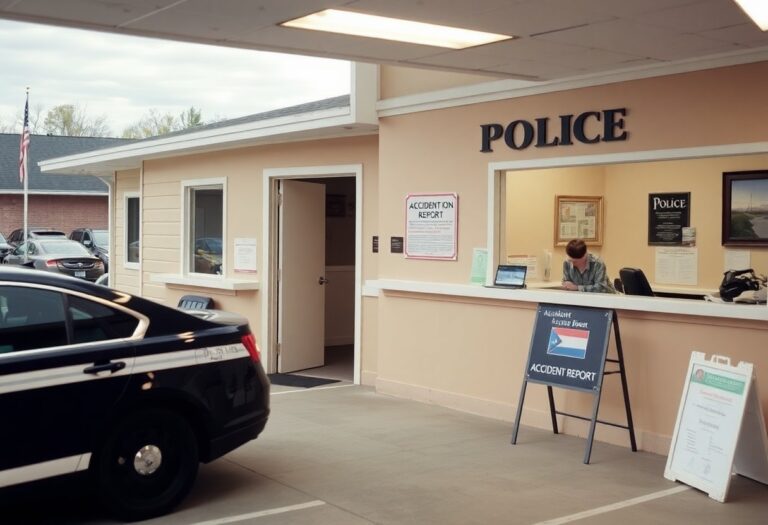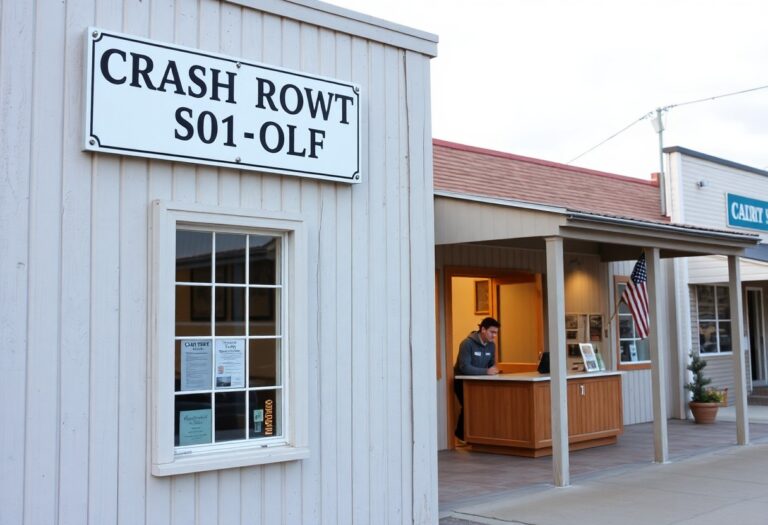Hill County offers a clear guide for you to follow if you find yourself involved in a car accident. Understanding the process of filing a report can help protect your rights and ensure you receive the necessary documentation for insurance claims and legal purposes. This step-by-step approach will provide you with insightful information on the actions to take immediately following an accident, how to fill out the required forms, and where to submit them, ensuring your interests are safeguarded.
The Legal Landscape of Car Accident Reporting in Hill County
Understanding the legal framework surrounding car accident reporting in Hill County ensures you navigate the aftermath of a crash more effectively. Local laws, heavily influenced by Texas statutes, dictate the process you must follow after an accident. Familiarizing yourself with these requirements not only aids in compliance but can also safeguard your rights and ensure your responsibilities are met post-incident.
Relevant Texas Statutes
The Texas Transportation Code outlines the specific regulations regarding car accident reports. Sections 550.022 and 550.026 mandate that you must report an accident to law enforcement under certain circumstances, such as when injuries occur or when damages exceed $1,000. These statutes provide the groundwork for understanding your reporting responsibilities and the potential legal repercussions of failing to comply.
Obligations for Drivers Involved in Accidents
You have specific obligations to fulfill following a car accident in Hill County. Texas law requires you to stop your vehicle at the accident scene, provide information to others involved, and report the incident to law enforcement if injuries or significant damages are present. Failing to meet these obligations can result in penalties, including fines and even criminal charges.
Following an accident, you must take immediate action. If anyone is injured, you are required to call 911 to get medical assistance. Providing your name, contact details, and insurance information to those involved is imperative. Documenting the accident scene with photographs can also be immensely helpful later, especially while filing an insurance claim or official report. This meticulous approach not only fulfills your legal obligations but also protects you in case of disputes regarding claims or liability.
Gathering Essential Information Post-Accident
Following a car accident, gathering necessary information can expedite the claims process and strengthen your case. Start by comprehensively documenting the incident while the details are still fresh in your mind. This includes taking photos of the vehicles involved, their positions after the impact, and any visible damages. Additionally, note the weather conditions, time of day, and any obstructions that may have contributed to the incident. All this information helps create a solid account of the events.
Key Details to Document at the Scene
Key details at the scene include obtaining names and contact information from all parties involved, insurance details, and specifics about the vehicles, like make, model, and license plate numbers. Other relevant information consists of the location, date, and time of the accident, which can all play a pivotal role in your report. Having a clear record of these factors makes it easier for law enforcement and insurance companies to understand the circumstances surrounding your accident.
Witness Accounts and Their Importance
Witness accounts can significantly bolster your case following an accident. Eyewitness testimonies provide an objective perspective on what occurred and can clarify conflicting statements between parties involved. These accounts can confirm critical details such as the traffic conditions and the actions leading up to the accident, providing a more comprehensive view of the situation for insurers and legal entities.
Witness accounts are often invaluable, particularly in cases where liability is contested. For instance, if one party claims to have had a green light while another insists they had the right of way, a neutral witness can provide the necessary clarity to resolve such disputes. In Hill County, collecting these testimonies immediately after the accident can improve your chances of a favorable outcome, as memories tend to fade over time. Engaging with witnesses at the scene can secure vital statements and ensure they are willing to support your claim when needed.
Completing the Accident Report: Step-by-Step
Gathering the necessary information for your accident report is necessary to ensure accuracy and compliance with legal requirements. Following a structured approach simplifies the process, helping you capture the details without missing important elements. Utilize the table below to guide you through this step-by-step reporting procedure.
| Step | Description |
|---|---|
| 1 | Collect basic information including date, time, and location of the accident. |
| 2 | Document all parties involved: names, addresses, and insurance information. |
| 3 | Gather witness contact information and statements, if available. |
| 4 | Take photographs of the scene, vehicles, and any noticeable damages. |
| 5 | Fill out all sections of the accident report form, ensuring clarity and completeness. |
Tarrant County Report Form Specifications
The Tarrant County report form demands specific details such as the accident type, conditions, and involved party details. Every section should be filled with accurate and complete information. Ensuring that you adhere to these specifications minimizes the chances of inaccuracies that could delay processing your report.
Common Mistakes to Avoid While Reporting
Filling out an accident report can be straightforward, yet common pitfalls often derail accuracy. Rushing through the details can lead to omissions or errors, which complicate legal proceedings and insurance claims. Focus on providing clear, precise accounts rather than hastily finishing the form.
Common mistakes such as failing to list all parties involved or neglecting to include precise dates can jeopardize your legal standing and claims process. Another frequent issue is the lack of supporting evidence, such as photographs or witness statements. Always ensure you leave no section incomplete; doing so enhances the credibility of your report while protecting your right to compensation.
Understanding the Role of Insurance Companies
Insurance companies significantly influence the outcome of car accident claims. Following a collision, your insurer assesses the details of the accident, which includes analyzing the police report, any statements provided, and even the driving history of those involved. Their evaluation determines the payout for damages, injuries, and may also affect your premium rates. Understanding how these entities work helps you navigate your claim and sets clear expectations for the recovery process.
How Insurance Frames Reports and Claims
Insurance companies often rely on the information gathered in reports to delineate fault and calculate compensations. Your report’s accuracy directly affects whether the insurer accept your claim, negotiate a settlement, or deny liability altogether. They cross-reference details, looking for inconsistencies that could potentially weaken your case. Your role in ensuring factual reporting can’t be overstated, as it shapes the entire narrative of the incident.
The Importance of Truthfulness in Your Report
Being completely honest in your report is vital because any discrepancies can jeopardize your claim. Insurance adjusters are trained to spot deliberate inaccuracies, which could lead to a denial of benefits. For instance, if you overstate your speed or downplay injuries, it could be seen as fraud, resulting in serious legal consequences.
Your credibility hinges on the integrity of the report you submit. In cases where insurance fraud is suspected, the ramifications can extend far beyond financial loss; it might involve legal action against you. Furthermore, honest reporting fosters a smoother claims process, trust with your insurer, and a more favorable response to legitimate claims. Always remember that a clear and truthful account strengthens your position and paves the way for resolution and recovery. Factors like accident witness statements and police reports substantiating your claims can be invaluable during assessments made by the insurance company.
What to Do If Your Report is Contested
In the event that your car accident report is contested by another party, acting promptly and thoughtfully is imperative. Gather all relevant documentation, including photos, witness statements, and any supporting evidence that corroborates your account. Be prepared to communicate effectively with insurance companies or legal representatives involved in the dispute. Ensuring your narrative remains clear and supported by factual evidence can help reinforce your position.
Steps to Prove Your Account
Proving your account of the accident begins with compiling comprehensive evidence. Start by collecting photos of the accident scene, vehicle damage, and any visible injuries. Next, obtain witness statements from anyone who observed the incident. If police were involved, request the official report, as this documentation often carries significant weight. Lastly, consider gathering medical records that demonstrate the impact of the accident on your health.
Resources for Legal Support
Seeking legal support can be invaluable when contesting a car accident report. Local attorneys specializing in personal injury and traffic law can provide you with tailored advice based on your circumstances. Organizations such as the Texas Department of Insurance and local legal aid clinics can also offer resources and guidance. Online platforms like Avvo allow you to connect with attorneys who can provide preliminary consultations to assess your situation.
Connecting with experienced legal professionals opens avenues for support and improves your chances of a favorable outcome. Attorneys can guide you through the nuances of local laws, help you understand your rights, and represent your interests effectively. Additionally, engaging with registered associations, such as the Texas Trial Lawyers Association, can also provide access to vital resources, including forums for sharing experiences and legal best practices. Being well-informed and supported can significantly ease the burden during this challenging process.
To wrap up
Now that you have a clear understanding of how to obtain car accident reports in Hill County, Texas, you can navigate the process with confidence. By following the step-by-step instructions outlined, you can efficiently gather the necessary documentation for your records or claims. Ensuring you have the right information can assist you in addressing any issues arising from the accident. Stay organized, and don’t hesitate to reach out for assistance if needed, so you can focus on moving forward after your incident.







